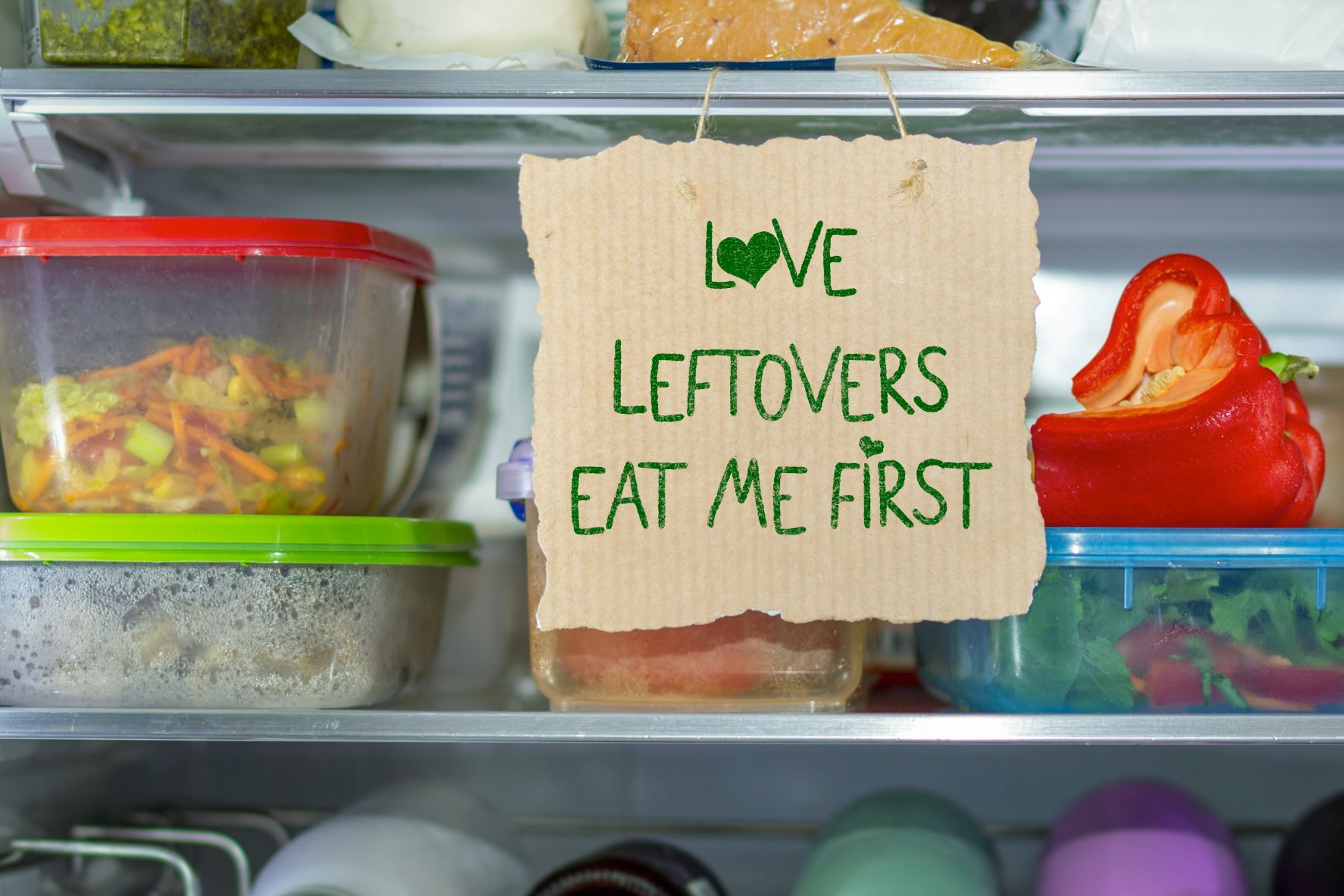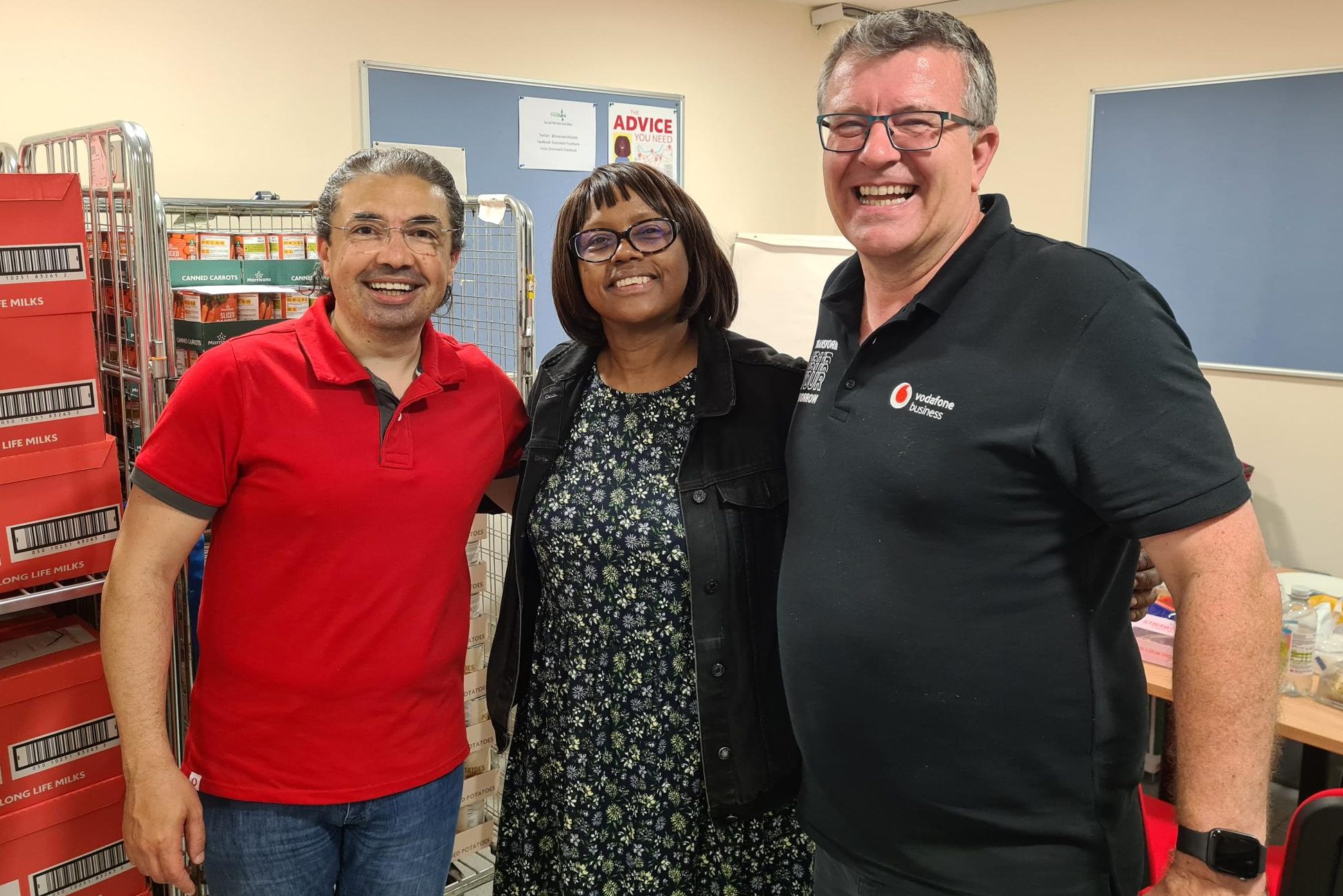As the cost of living soars, here are a few ways to eliminate waste in your kitchen and trim your supermarket bills.
Frugal shopping and cooking are very much on the menu this autumn. One way to ensure you spend less at the supermarket is to cut down on waste.
Figures from WRAP, the food waste charity, show that the average household throws away the equivalent of eight meals every week, at a cost of £730 a year for a family.
Jenna Brown, environmental health practitioner and owner of food safety business The Food Safety Mum, says food is often thrown away because it has not been used on time.
“Knowing how to handle leftovers safely can be the key to helping you reduce your food waste,” she says.
By shopping sensibly, planning and knowing how to preserve the food you buy, Ms Brown estimates that the average family of four could save £60 a month. Here’s how to get started.
Make meal plans
Knowing what you need to buy for your weekly meals can help to avoid buying too much at the supermarket, only for it to be thrown away later.
John Stirzaker, frugal shopping expert from coupon website NetVoucherCodes.co.uk, advises going shopping with a list.
“Knowing what you’re going to eat each day means you only buy what you need and don’t make wasteful, impulse purchases,” he says.
Supermarket Tesco’s website includes a meal planner tool to help you get started with weekly lists and preparation.
Cost of living: How to cope with rising UK interest rates
As the Bank of England raises interest rates to combat inflation, here’s how you can find the best deals on savings, mortgages and other debt.
Love your leftovers
Leftovers at the end of a meal are often destined for the dustbin. But Stirzaker, at NetVoucherCodes, urges us all to make friends with our leavings.
“Leftovers make great lunches for work or can be reheated for tea the following day,” he says. “Always consider leftovers when meal planning.”
He suggests that chicken carcasses, veg peelings and old fruit should be seen as the ingredients for soups, stock, and smoothies, rather than as garbage.
“This is a great way to make meals for next to nothing.”
To make the most of your leftovers, try the Love Food Hate Waste website. Tap in the leftovers you have and the website comes up with recipes based around them.
For example, the site provides a recipe for tacos to use up Christmas turkey and another for peanut butter and banana ice cream to use up overripe fruit.
Study your safety rules
If you know how to store food safely and when to use it, you can avoid a huge amount of food waste.
Food safety expert Jenna Brown urges customers to make their own decisions on when food is safe to eat.
“Best before dates can be ignored if it looks and smells fine and there is no mould present,” she says, whereas “use by dates are there for your safety and mustn’t be ignored.”
Food can be frozen if it is within date and still smells and looks fine. You can even freeze it on the use-by date.
“Think of freezing as ‘pressing pause’ on your food. It’s the easiest way to make your food last so much longer,” Ms Brown says.
Once food is frozen and defrosted, it is important not to defrost it and freeze it again without cooking it. But you can cook it and then freeze it again.
Five foolproof ways to make money online
With the inflation rate rising fast, sending living costs through the roof, here are five easy ways to use apps and websites to boost your bank balance.
Kate Hall, who runs food waste management business The Full Freezer, adds that food that was cooked before being frozen doesn’t need to be heated before eating.
“If you do decide to heat your frozen food, though, then you need to ensure it is piping hot throughout,” Ms Hall says. “You should never just ‘warm’ food from the freezer, as this encourages bad bacteria to grow.”
In the freezer, most foods will last at least three-to-six months from a quality perspective. They will be safe to eat for much longer than this.
Delay decay
Food can go off quickly if stored incorrectly. Prevent food waste by keeping salad in the right part of the fridge (the crisper drawer at the bottom) as well as placing a paper towel inside a bag of greens to soak up moisture.
Washing your berries in diluted vinegar (1 cup vinegar, 3 cups water) can help prolong their life.
Take freezer tips from the experts
You’ll be surprised what you can freeze, and it’s the best way of saving leftovers. Kate Hall, at the Full Freezer, suggests the following tips:
- Freeze berries spread out on a tray before moving them to a freezer bag.
This will help to preserve the quality as well as stopping them from sticking together in a clump. - Blanch vegetables before you freeze.
This is a process of putting them in boiling water and then ice water. - Freeze liquids flat in freezer bags.
They not only take up less space, but can also be defrosted quickly, or even added into cooking straight from frozen. - Whip cream before freezing.
Dairy products will split when frozen, but can be saved by shaking, blending, or heating. You can even whip double cream before freezing to prevent it from splitting.
Stay up-to-date with the latest news from Vodafone by following us on Twitter and signing up for News Centre website notifications.




